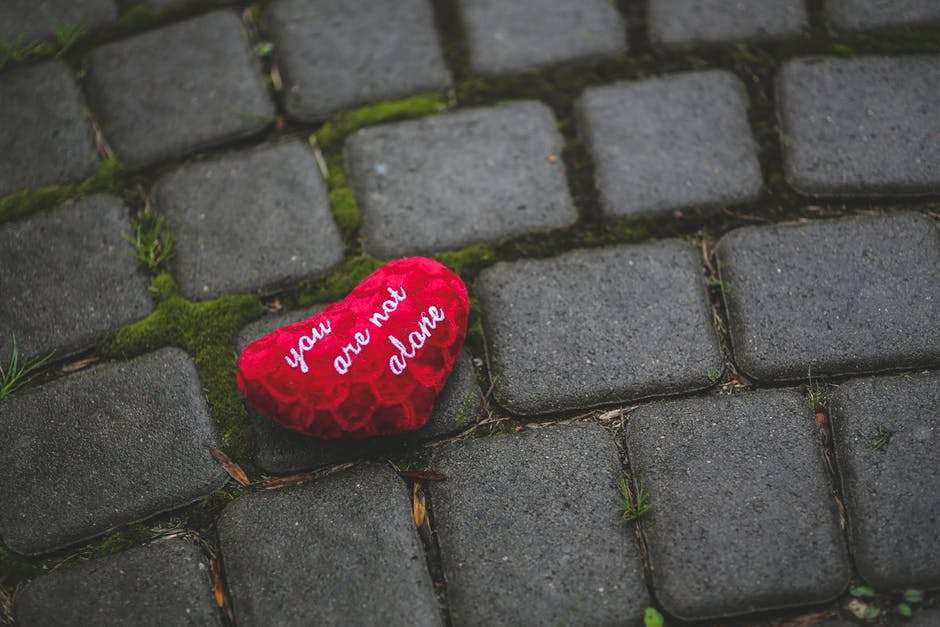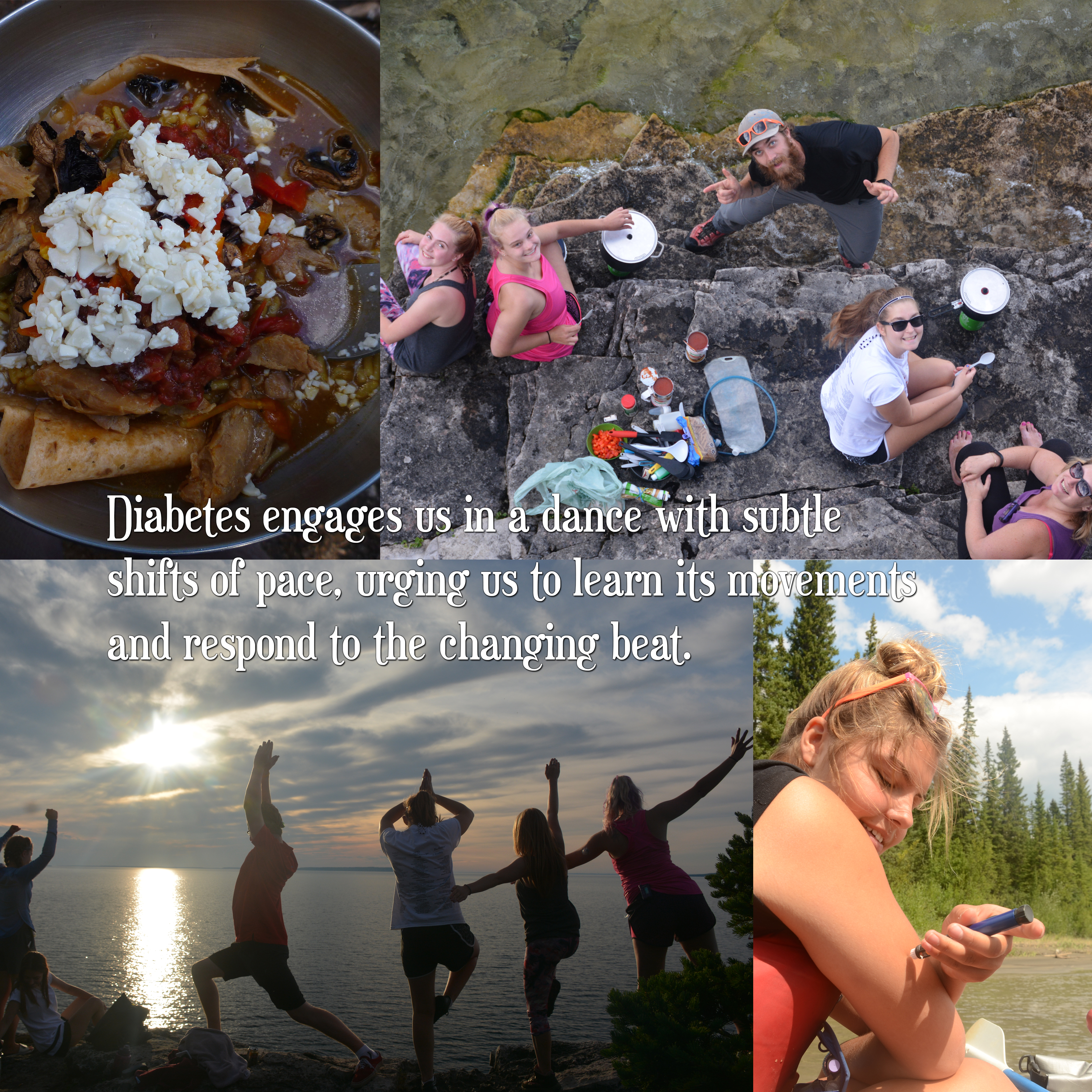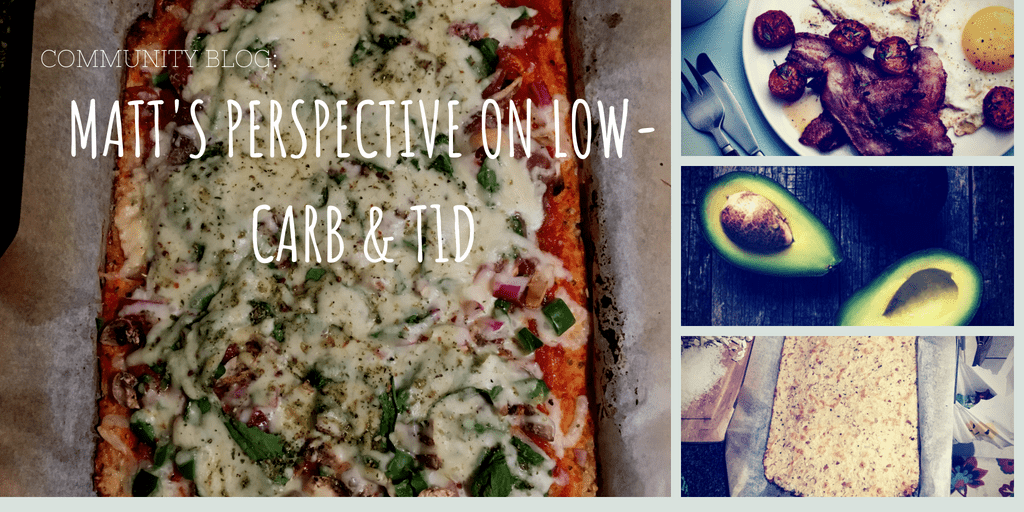In the wise words of John Lennon, “all you need is love.” Being able to love and be loved is one of the most beautiful aspects of human existence. It is what helps us get through our days – and ultimately, our lives. Which is why we chose to focus on love for this month’s blog! Indeed Valentine’s Day had something to do with the theme choice for the month of February, but what we particularly wanted to focus on was that love encompasses more than just romantic or familial love – it also includes yourself.
It may seem a strange question to ask, but do you love yourself?
It’s okay if you said yes – in fact we hope you did! It is so important to love yourself, for all your strengths, skills, accomplishments, weaknesses, “flaws,” mistakes – the whole gambit. And no, loving yourself does not mean you are conceited, selfish, narcissistic, or any other such undesirable trait. It means that you treat yourself well and accept yourself for who you are. And yes, that includes your diabetes.
Last month, we took empowering steps to take charge of our diabetes control, taking responsibility for our own health and well-being. And that itself was an expression of self-love! After all, you certainly have to love yourself if you care enough to set goals and take difficult action towards improving your well-being. So congratulations! But don’t worry, if you didn’t goal set last month, that’s okay too. Loving yourself means you don’t beat yourself up, but rather you show compassion, understanding, and forgiveness.
This can be a challenge at times with having diabetes. Though we must take responsibility for managing our diabetes, it is important that in turn we do not beat ourselves up for not having perfect control. This can lead to a downward spiral, especially paired with the physical side effects of variant blood sugars (i.e. fatigue, high emotions). There are so many factors that influence our blood sugars unpredictably – stress levels, hormones, exercise, etc – so can we really blame ourselves entirely if our sugars are not perfect? Or maybe we didn’t necessarily put in the amount of effort we probably should have because we were feeling burnt out. In either case, condemnation is not going to solve anything. The best thing we can do is accept the situation, even if it is not ideal (i.e. our blood sugars are out of whack despite our best efforts or because we slipped up), and move forward accordingly instead of just hating the disease. Because if we hate diabetes, we also hate an aspect of ourselves – and this is dangerous for our mental health.
Just because you are not “perfect” does not mean you are not worthy of love, from others or from your own self. In fact, I am positive that if you were to reach out to anyone here at ICD and share your struggles, you would receive the farthest thing from condemnation. We’ve been through it all, the highs and lows (literally and figuratively). So never be afraid to connect with us when you need a little reminder of how much you are understood and loved!





